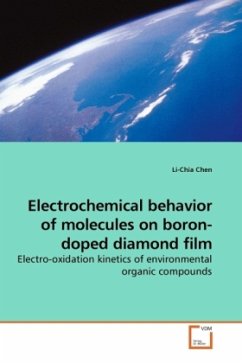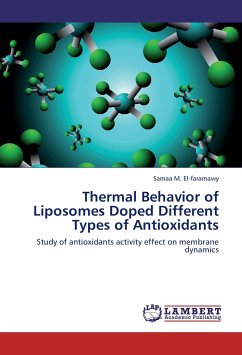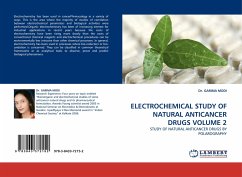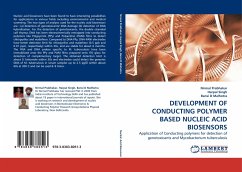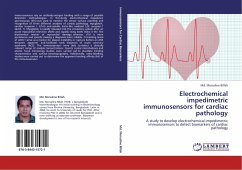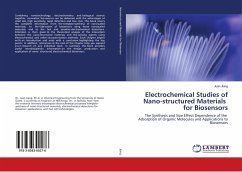In this study, the electrochemical behavior of environmental organic compounds at boron-doped diamond (BDD) electrode is examined. As we can observe, organic oxidation on BDD electrode is influenced by indirect oxidation, which is caused by other oxidants, for example hydroxyl radical. The adsorption of organic molecules on BDD electrode is the rate-determining steps at low potential range for oxidation. The response current for benzyl alcohol oxidation decline with time due to the formation of polymeric film, while it is not for methanol. This polymeric material was identified by Raman and FTIR spectroscopy as poly-ester and can be removed by brief polarization at +3.0 V vs Ag/AgCl.
Bitte wählen Sie Ihr Anliegen aus.
Rechnungen
Retourenschein anfordern
Bestellstatus
Storno

